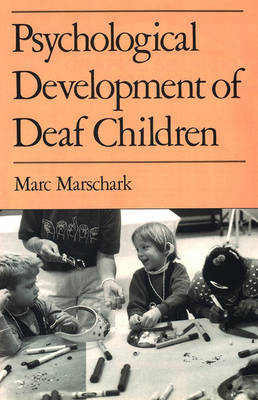This volume provides the first comprehensive examination of deaf children's development. In examining its role from the pre-natal period to adulthood, deafness becomes a potential determiner of differences in social and cognitive functioning. Special attention is given to the role of interpersonal communication between deaf children and their parents, peers, and teachers. The majority of deaf children (those with hearing parents) have relatively little linguistic communication with their parents, but the apparent effects of this situation go far beyond language. Deaf children may develop social and cognitive strategies for dealing with the world that differ from those developed by hearing children. The existence of such differences need not imply that deaf children are any less capable than hearing peers, but a variety of studies have revealed that they lag behind hearing age-mates in several areas.
A careful and balanced consideration of existing evidence concerning deafness and development provides a new psychological perspective on deaf children and deafness in light of recent findings concerning manual communication, parent-child interactions, and intellectual and academic assessments of hearing impaired children. The result is an integrated understanding of social, language, and cognitive development as they are affected by childhood deafness and by each other. In this context, several popular assumptions about deaf children - some in their favour, some against - are found to lack any basis in fact, and several new discoveries are evident.
- ISBN10 0195068998
- ISBN13 9780195068993
- Publish Date 11 March 1993
- Publish Status Out of Print
- Out of Print 14 August 2000
- Publish Country US
- Imprint Oxford University Press Inc
- Format Hardcover
- Pages 287
- Language English
